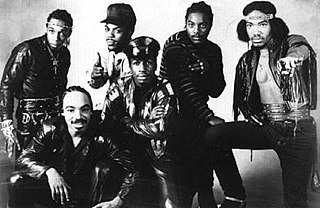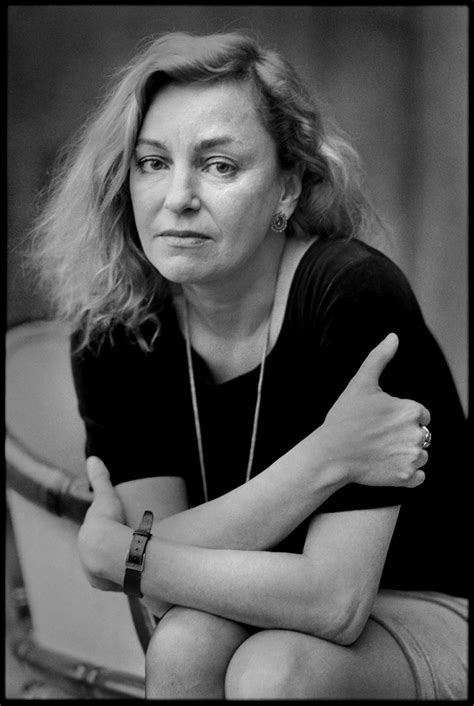A Quote by Mary Manin Morrissey
My son John was just under a year old when I collapsed with a life-threatening kidney disease. The shame and guilt resulting from my unplanned pregnancy had continued to fester to the point that my toxic feelings literally poisoned my body.
Related Quotes
Every woman while she would be ready to die of shame if surprised in the act of generation, nonetheless carries her pregnancy without a trace of shame and indeed with a kind of pride. The reason is that pregnancy is in a certain sense a cancellation of the guilt incurred by coitus; thus coitus bears all the shame and disgrace of the affair, while pregnancy, which is so intimately associated with it, stays pure and innocent and is indeed to some extent sacred.
I'll say - I have four kids! I married a woman when I was 24 years old. She was 13 years my senior. She had been married twice before. I adopted them. I was 24 and had a 17-year-old son instantly, an 11-year-old daughter, a 5-year-old, and a child on the way. So I had to learn how to become a parent very quickly.
An older child, one who possesses a conscience, will be troubled with self-reproaches and feelings of shame for his naughtiness, even if he is not discovered. But our two-year-olds and our three-year- olds experience guilt feelings only when they feel or anticipate disapproval from the outside. In doing this, they have taken the first steps toward the goal of conscience, but there is a long way ahead before the policeman outside becomes the policeman inside.
The Buddha taught that all life is suffering. We might also say that life, being both attractive and constantly dangerous, is intoxicating and ultimately toxic. 'Toxic' comes from toxicon, Pendell tells us, with a root meaning of 'a poisoned arrow.' All organic life is struck by the arrows of real and psychic poisons. This is understood by any true, that is to say, not self-deluding, spiritual path.
Shame usually follows a pattern—a cycle of self-recrimination and lies that claims life after life. First, we experience an intensely painful event. Second, we believe the lie that our pain and failure is who we are—not just something we’ve done, or had done to us—and we experience shame. And finally, our feelings of shame trap us into thinking that we can never recover—that, in fact, we don’t even deserve to.



































